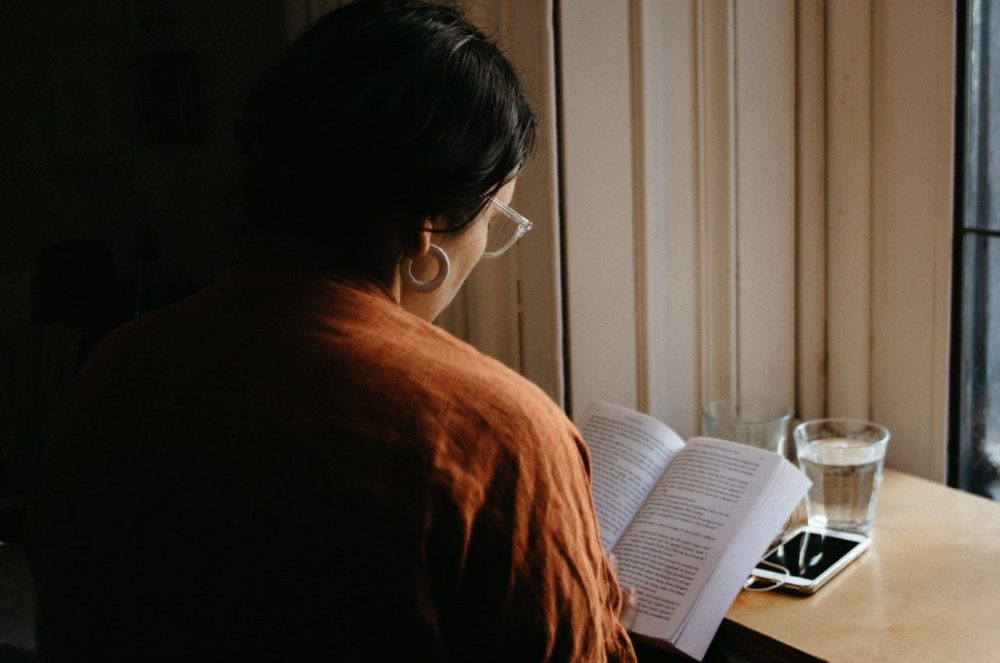

Why We Recommend This Book
This short little volume is packed with power. It’s accessible, fascinating, and practical for all teachers, no matter your student population. What more can be said about the quality of a book that features three introductory essays by none other than Peter A Levine, PhD, Stephen Cope, MSW and Bessel A. van der Kolk, MD? These are giants in our world, researchers and authors of unassailable expertise and exceedingly noteworthy in their compassionate, practical offerings that help to heal the suffering in our world.
Whether it helps you tap into something personally or it shocks you into greater awareness of what your students may be facing, I imagine everyone will relate or deeply empathize with the research and stories shared here. No matter your background, you will gain a deeper understanding of trauma and the practical tools of trauma-sensitive yoga teaching which will surely help you to be a more compassionate, skilled, and effective teacher. – Shelly
Book Quote
Storing traumatic memories, and the associated emotional tone, is evolutionarily adaptive. We need to remember dangerous or threatening situations so that we can try to avoid these situations in the future… Avoidance symptoms provide the counterbalance to intrusive symptoms, when we use all of our energy to try to push away the traumatic memories, to avoid reminders, and to “move on.” This internal battle creates a situation of ongoing tension… The most extreme form of avoidance is dissociation… Dissociation can create an ongoing disconnection from our emotions, body, or thoughts; can lead to significant disturbances in the continuity of our memory; and can interfere with our ability to establish an integrated sense of self. When we dissociate, we might be consciously completely unaware of traumatic memories, or of the emotional pain attached to the memories. But the pain may still be held somatically. One person might experience chronic neck and backaches from holding herself rigidly controlled…
Trauma is an experience of having no choice. Whether you are a soldier being attacked in battle, a child in an abusive home, or a woman walking alone who is assaulted, your choice about what happened to you did not matter… What trauma-sensitive yoga offers… is a structured, supportive, and self-paced medium for survivors to make choices in relation to their bodies and their experience that are kind, gentle, and caring—all of the things that were missing during the trauma. Making choices to be kind, gentle, and caring toward ourselves take practice for all of us, but for trauma survivors it is of particular importance. Yoga offers a way to practice making small, manageable choices in relation to one’s body.
While we have highlighted a few outstanding books, there are many wonderful books and we encourage you to peruse the entire list. Any one of these may be just what you need!
The hub has lessons and tools organized into the following sections:
Our goal in providing book lists with quick links is to make it easy for you to get a sense for the variety of possible resources and to access them easily.
We receive no compensation of any sort for any recommendations or mentions. We are simply offering information as we feel called to do so.
Most of our book links use Amazon Associates, which pays a tiny commission on purchases made through those links (80 cents on a $20 book, for example). On average, we receive less than $15 per month from Amazon.